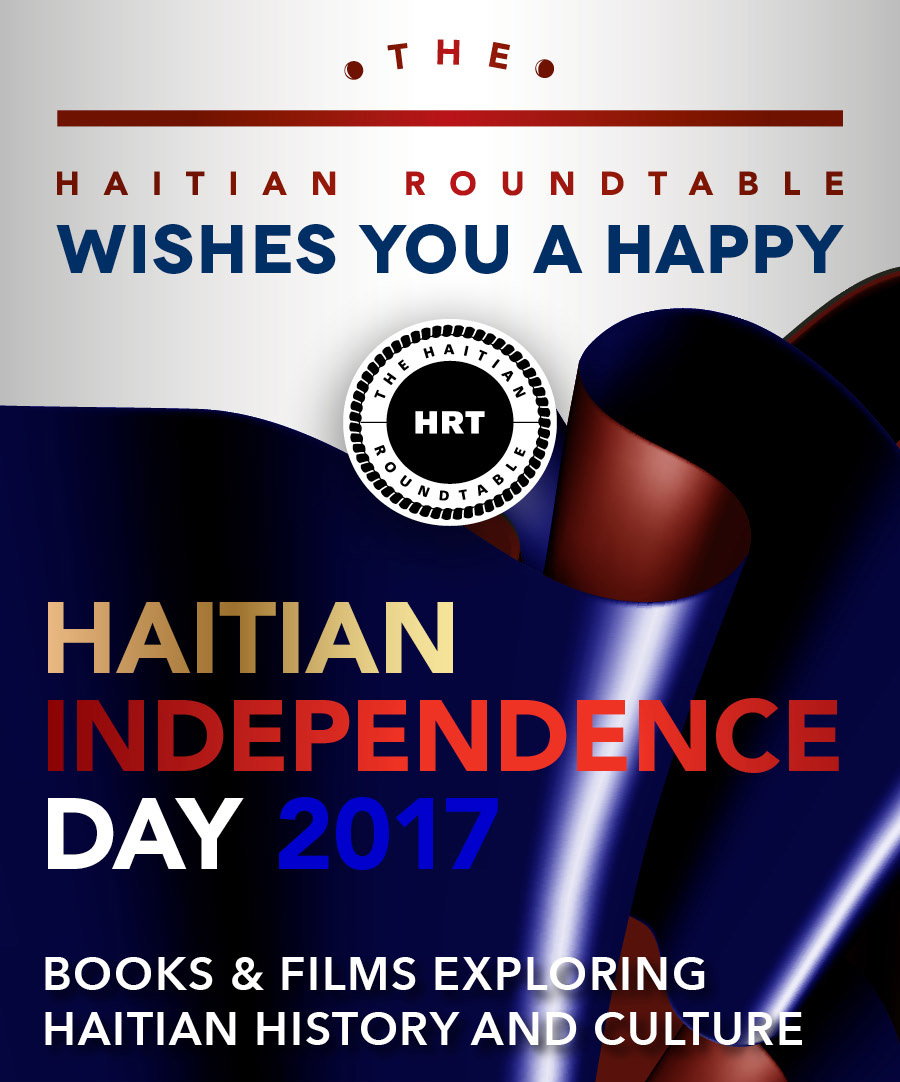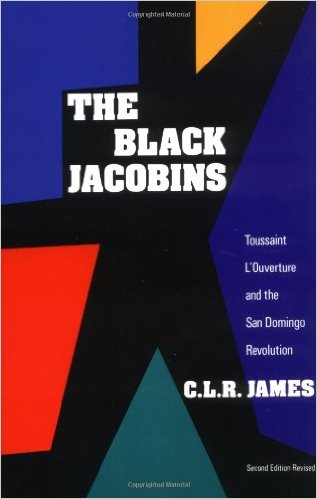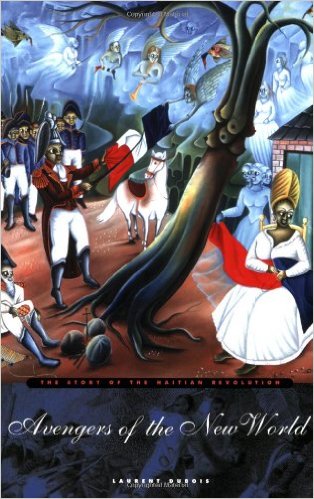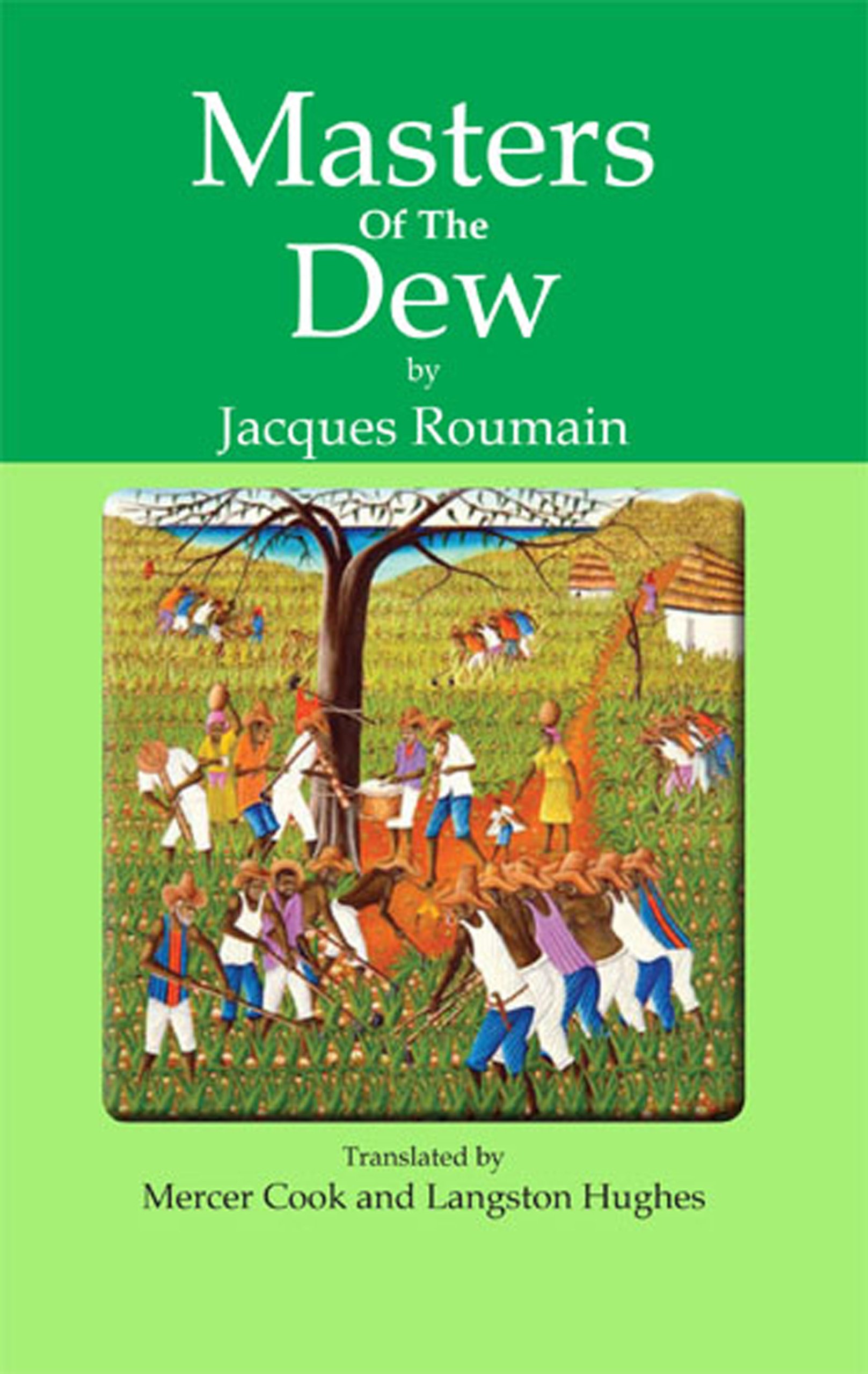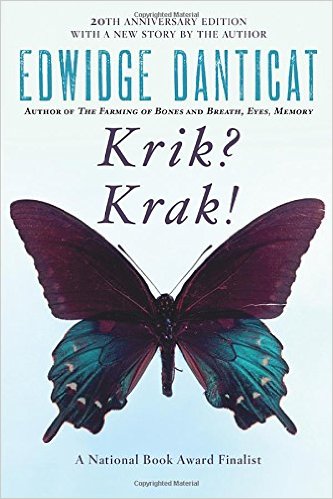My Father’s Land is a feature documentary which explores the life of Papa Jah, a humble Haitian gardener, whom has spent the last forty years in the Bahamas, building a life for himself and his children, while living in a marginalized Haitian community, nicknamed the Mud. When news arrives of his 103-year-old father taking ill back in Haiti, Pap Jah fears he may not see him before he passes. He then sets out on an adventure, traveling back through Haiti to his family’s small village on the island of La Tortue, to reunite with his father; hopefully before its too late. Juxtaposed against the strikingly rich visual texture of the Caribbean, this travel adventure story, entertains through humor, intimate cultural spaces and vivid landscapes, while touching on socioeconomic complexities of immigration, culture and identity.
